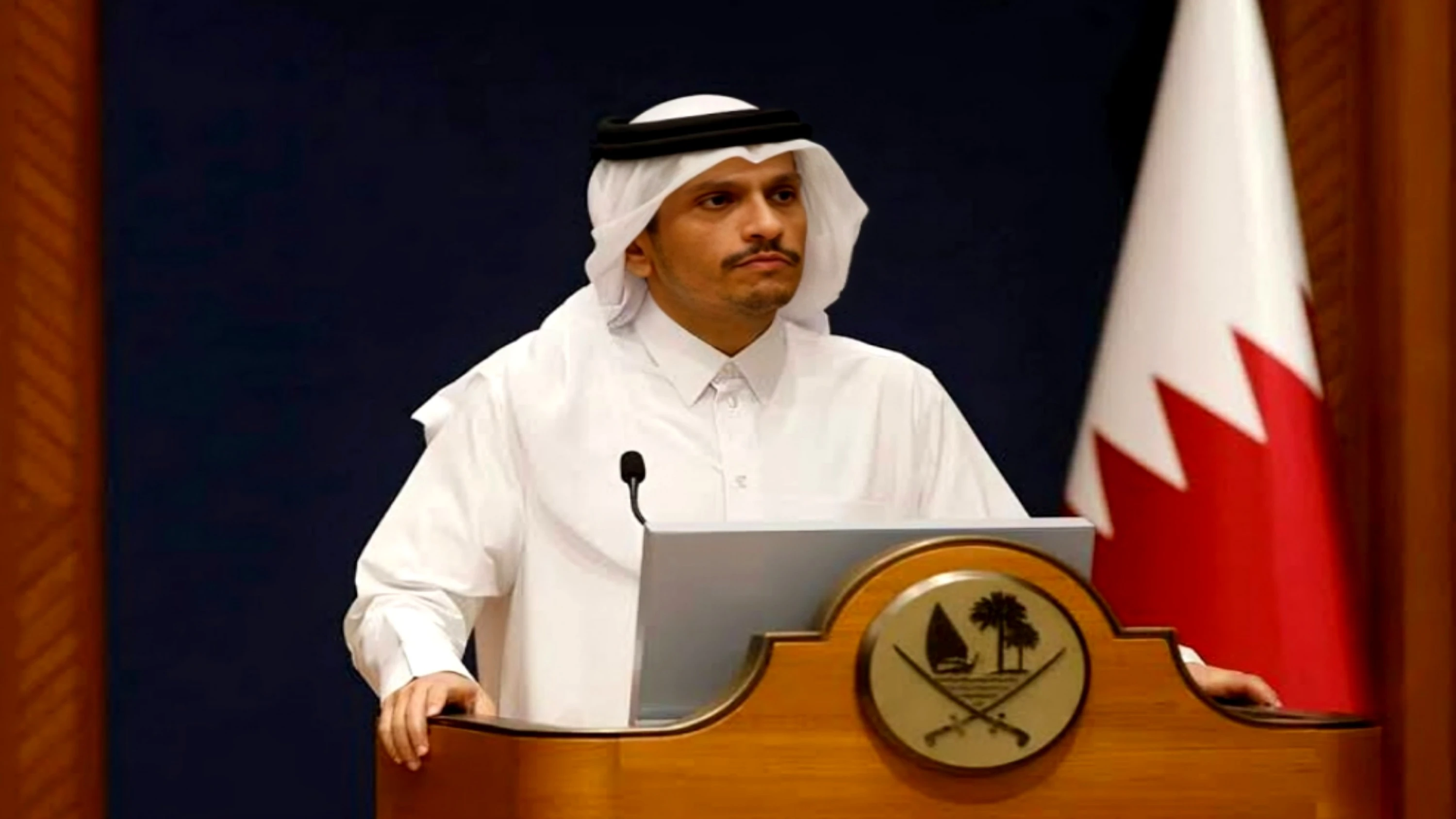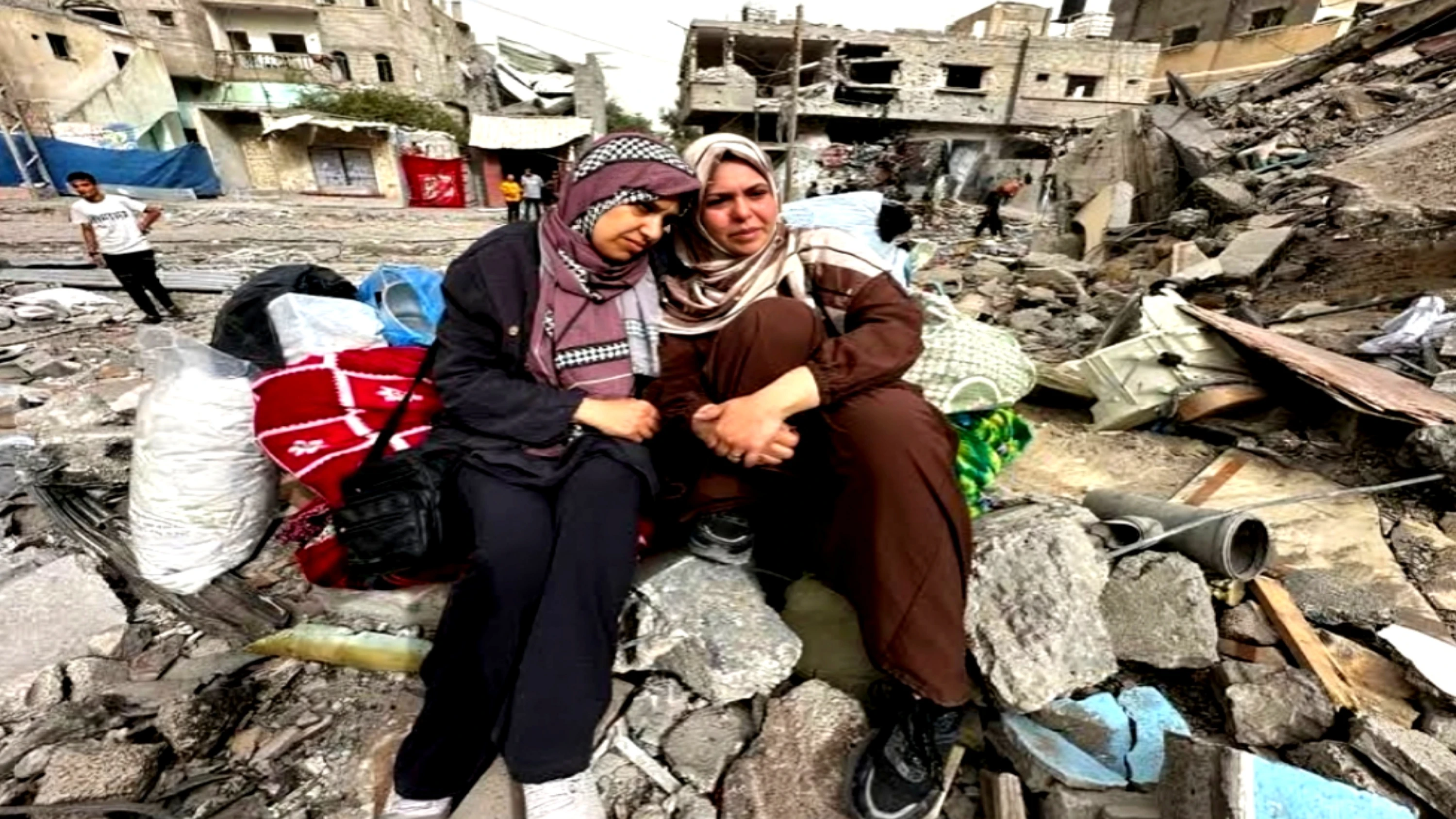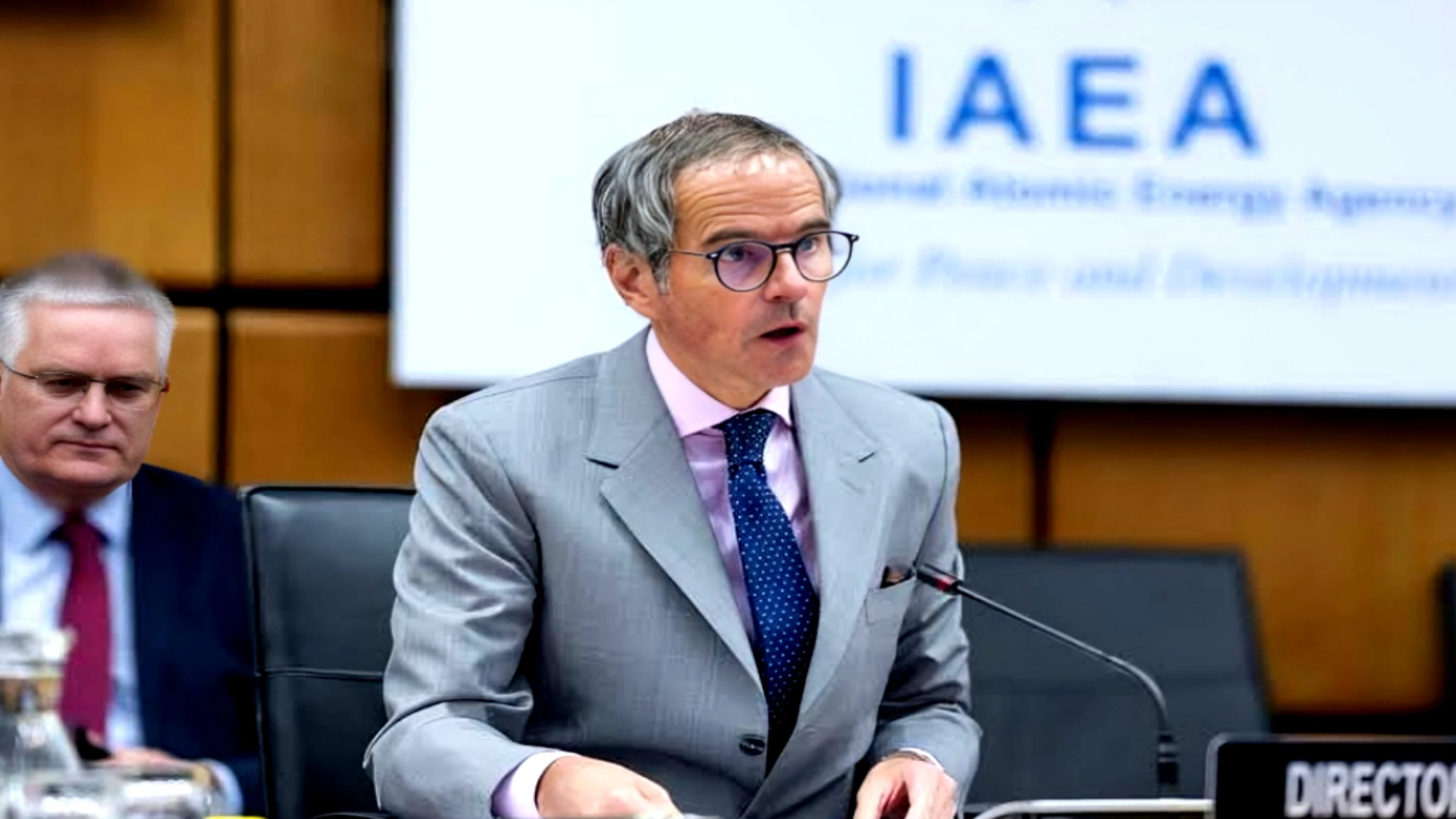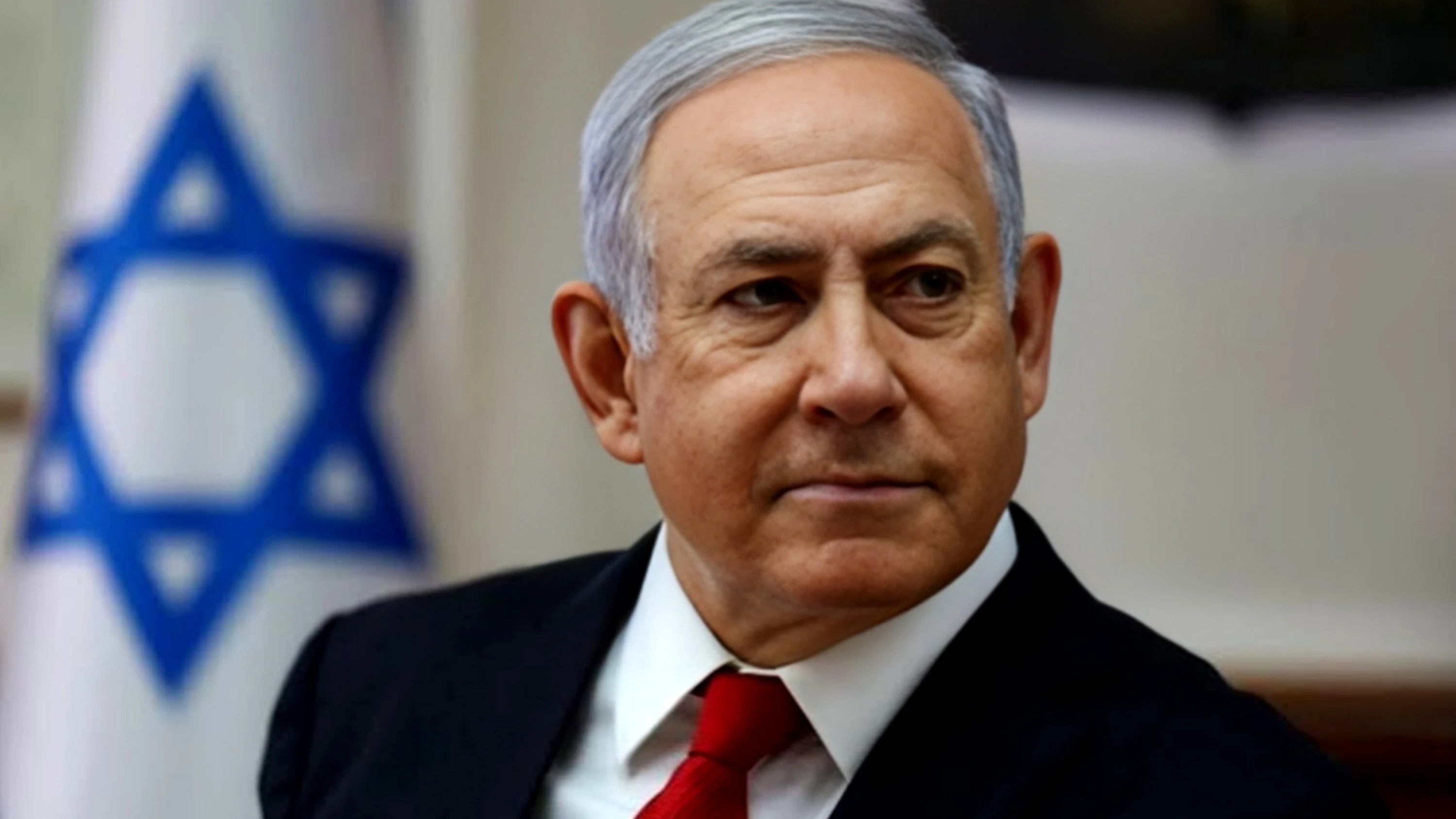Doha: Qatari Prime Minister Sheikh Mohammed bin Abdulrahman Al Thani has condemned recent Israeli military actions in Gaza, saying they demonstrate a lack of interest in ending the ongoing war.
In a televised interview with CNN, Sheikh Mohammed expressed disappointment over Israel’s intensified bombing campaign, which followed the release of Edan Alexander, a dual US-Israeli citizen and soldier, from Hamas captivity. The Qatari leader said he had hoped the release would pave the way for renewed ceasefire talks but instead witnessed a counterproductive Israeli response.
"Regrettably, the following day Israel responded with airstrikes while still engaging in negotiations," Al Thani stated, adding that such actions undermine efforts toward peace.
Al Thani also criticized a newly formed US-supported aid initiative, the Gaza Humanitarian Foundation (GHF), arguing that it is redundant and politically motivated. He emphasized that existing humanitarian organizations, including UN agencies, are fully capable of delivering aid if allowed to operate freely.
Since March 2, Israel has imposed a near-total blockade on Gaza, cutting off access to essential resources such as food, water, fuel, and medical supplies. Human rights groups have accused Israel of using starvation as a method of warfare, with global watchdogs warning of a looming famine.
Israel has defended its blockade by claiming that Hamas is intercepting aid, although it has provided little substantiated evidence. The Israeli government has also consistently sought to limit the role of the United Nations in Gaza, accusing its agencies of bias.
GHF announced plans to begin aid distribution by the end of May and has formally requested the Israeli military to approve and secure distribution points in northern Gaza within 30 days. Jake Wood, GHF's executive director, said in a letter that the initiative aims to serve the entire civilian population.
However, critics view the foundation as a tool for circumventing established humanitarian agencies. A report by The Observer highlighted that GHF’s internal fundraising materials align closely with Israeli narratives, blaming the breakdown of humanitarian delivery on “aid diversion” and “combat conditions,” while ignoring the impact of Israel’s blockade.
Meanwhile, thousands of aid trucks remain stranded at Gaza’s border crossings, with UN officials asserting their readiness to resume operations immediately—if Israel lifts restrictions.








